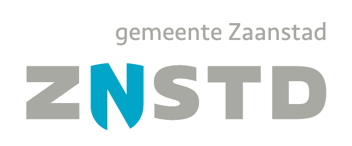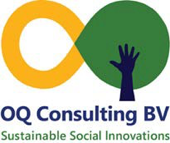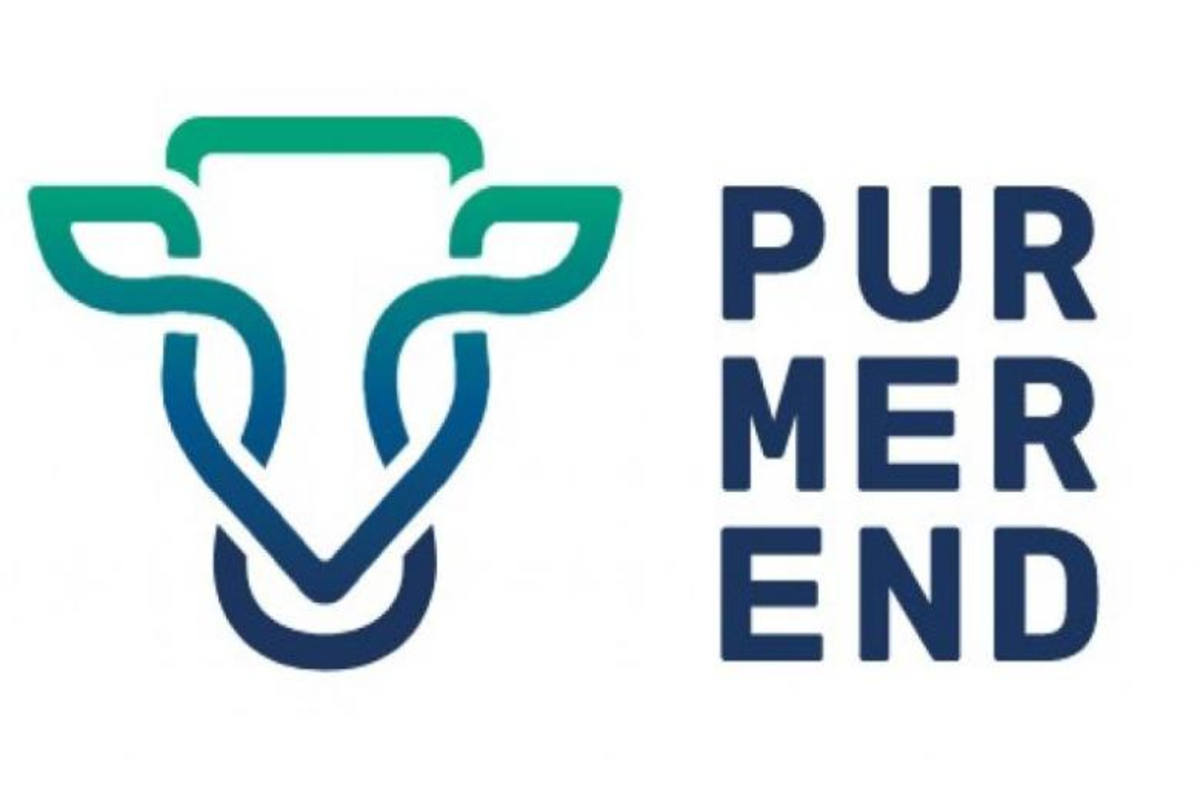Type “Rutte” and “handshake” (or the Dutch word “handdruk” into your search engine and the first image you find may be this one.
And pretty quickly you will find this one. Note the hands visible, not touching.
And what you probably won’t find is an image of the Dutch Prime Minister Mark Rutte shaking hands with a woman. Maybe you can – I’m just saying it doesn’t show up in my search engine.
Not that I have a problem with that. But he seems to have a problem with bus drivers who refuse to shake the hands of women. Truth be told, I can’t recall the last time I needed to shake the hand of a bus driver when I got on or off a bus.
On Monday the Prime Minister published a full-page ad in several Dutch newspapers and he gave further details in an interview with the daily, Algemeen Dagblad (AD). The ad was in the form of a letter, to “All Dutch people”. In his letter he claims that we Dutch don’t discriminate. “People who refuse to adapt to our norms and reject our values ….. or accuse ordinary Dutch people of being racist” can leave. I suppose that is one way to deal with the Black Pete discussion.
Here is what the BBC wrote about this ad:
The Prime Minister singled out the case of bus company Qbuzz that was censured by the Dutch human rights institute for turning down an immigrant applying for the job of bus driver because he refused to shake women’s hands. It found that shaking hands was not a key part of the job whereas the man’s freedom of religion was affected.
“I think it’s a bizarre verdict,” he told AD. “Qbuzz is of course absolutely right. Surely a driver can’t say ‘I refuse to shake a woman’s hand because it doesn’t fit my beliefs’?
“That’s precisely why I and many other people are rebelling. Because the norm here is that you shake hands with each other.”
OMG.
Really?
In the bus?
This is what I wrote about handshakes in my book So You Think You Can’t Network published by Eburon in 2016.
“Every “do and don’t of networking” will warn you against having a limp handshake. In networking seminars you will learn that “a firm handshake makes a good impression”. It certainly does. The impression of the stones in my rings makes a deep and painful impression in all my adjacent fingers.
Russians and Americans like a firm handshake, while the French prefer a light, single quick handshake. Africans touch elbows when they greet. Maoris touch noses. Japanese bow. Chinese nod. Brits often simply say hello. There is a whole repertoire of greeting forms to draw from.
Personally, I prefer no handshake. Sorry. It’s just that I’m not sure where that hand has been. Scientists at Israel’s Weizman Institute secretly filmed strangers of European origin meeting. Participants touched their nose 22 percent of the time after shaking hands. The sniffing doubled when people of the same gender greeted each other. Researchers say handshakes allow us to sample each other’s odor.
So thanks but no thanks for the firm handshake tip.”
And thanks but no thanks to shaking hands with bus drivers. I prefer simply to touch on my OV-Chipkaart. It seems more appropriate somehow.
——-
Lin McDevitt-Pugh is author of the book So You Think You Can’t Network and looked into the importance the ‘networking industry’ gives to handshakes. She concludes that shaking hands is overrated.
Our clients



















